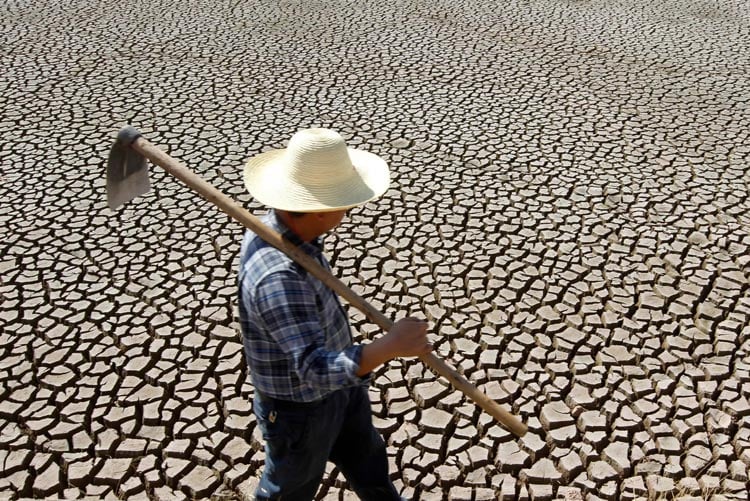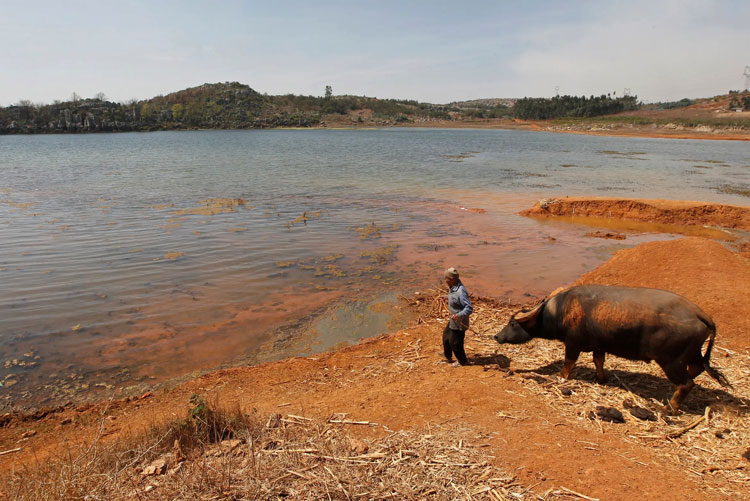The summer of 2022 has seen heat waves across the world – from Europe to the horn of Africa; US to Japan. With the world’s global surface temperature having risen 1.1C, climate scientists are warning that severe weather events will become more extreme if we do not reduce our carbon emissions.
Food system activities, including producing, transporting and disposing of food, generate up to 30 percent of total global greenhouse gas (GHG) emissions. Our demand for energy intensive food exerts immense pressure on natural resources – livestock production accounts for an estimated 14.5% GhG emissions. Meat and dairy from ruminant animals, such as cattle and goats, are particularly emissions-intensive.
Closer to home, China is also experiencing its worst heatwave and drought since records began 60 years ago. The water levels of Yangtze River dropped over 50%, affecting millions and threatening the autumn harvest. China, has strict national strategic targets and reserves, as the second largest economy, it is the largest importer of food in the world.
Given the impact our food system has on climate, changing our diets is the most immediate thing we can do. A recent survey showed that an overwhelming majority of consumers in China, US and the EU are supportive of reducing meat intake for climate reasons. But this requires more than just public sentiment, a holistic policy package needs to be pushed so that we can meet the Paris Climate targets and Sustainable Development Goals.


